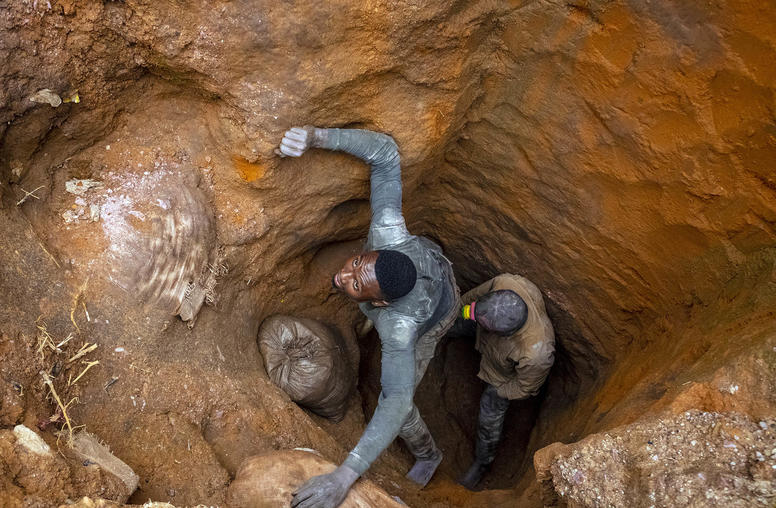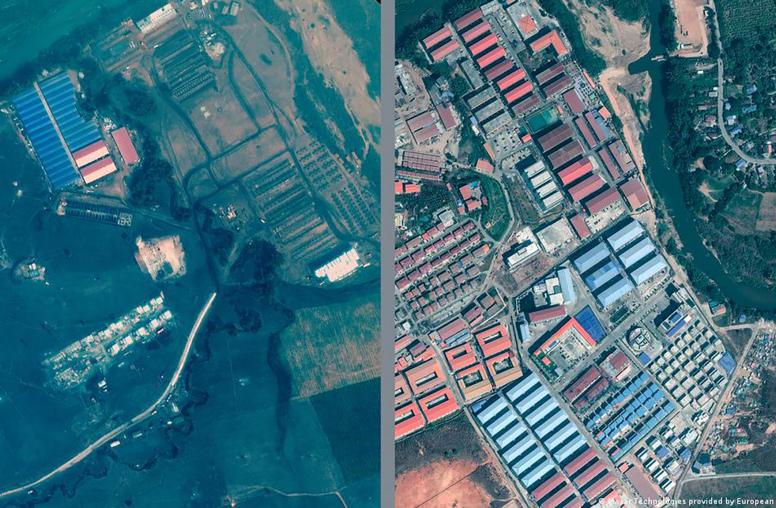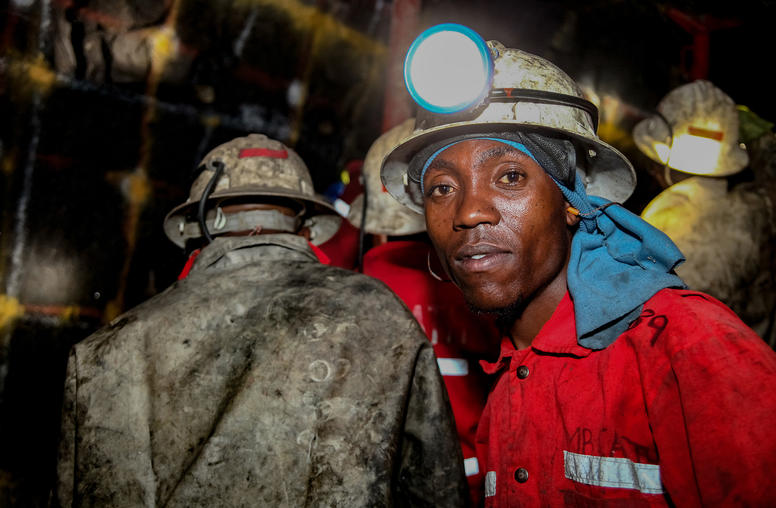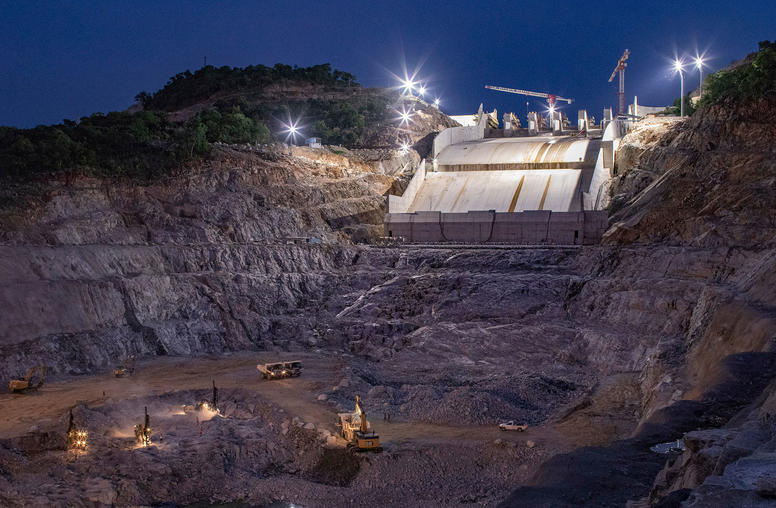 Economics
Economics
Economic security and peacebuilding are inextricably linked. When left unaddressed, issues like widespread poverty, food shortages and poor development can leave societies at a higher risk for violent conflict — conflict that can, in turn, deepen economic crises and spark a vicious cycle. USIP conducts research to better understand the complex relationship between economics and conflict and formulates recommendations for combining inclusive and equitable economic development with strategies for sustainable peacebuilding.
Featured Publications

Transnational Crime in Southeast Asia: A Growing Threat to Global Peace and Security
Organized crime is a significant driver of conflict globally. It preys on weak governance, slack law enforcement, and inadequate regulation. It tears at the fabric of societies by empowering and enriching armed actors and fueling violent conflict. In Asia, criminal groups prop up corrupt and dangerous regimes from Myanmar to North Korea, posing a direct threat to regional stability.

Despite Daunting Economic Headwinds, Afghan Private Sector Shows Signs of Life
Three years after the Taliban took control of Afghanistan, the country’s economy remains in a dismal state marked by depression-level price deflation, high unemployment and a collapse of GDP. Still, while the bad news for Afghans is well known, less visible are some green shoots in the country’s private sector that, if properly encouraged, could mitigate the situation. These range from small business activity to Taliban plans for major projects to the potential for an uptick in investment. Clearly nothing in those developments can stimulate a strong economic revival.

Why Africa’s Critical Minerals Are Key to U.S. National Security
A new USIP report emphasizes the importance of the United States government being engaged in the African critical minerals sector if it is to diminish its dependence on China and fortify its national security and foreign policy interests.
Current Projects

Transnational Organized Crime in Southeast Asia
Over the past decade, Southeast Asia has become a major breeding ground for transnational criminal networks emanating from China. USIP assembled a senior study group to assess one of the most pernicious aspects of such criminality: rapidly spreading, industrial-scale scam compounds that rely on forced labor lured from around the world. The senior study group convened four meetings to share research and information on the trends, dimensions and character of the criminal networks operating the scam compounds and developed recommendations for countering their malign effects.

Critical Minerals in Africa
Often throughout Africa’s history, natural resource exploitation has brought devastating consequences. However, it’s clear that Africa’s critical minerals will be developed regardless of the risks. The question is: How will critical minerals be developed and to whose benefit?

Peace and Security Issues in Africa-China Economic Relations
Much of the research that has been conducted on the impact of China’s economic engagement with Africa has focused on their economic exchanges and security engagements in isolation of one another. But few have sought to understand the interconnections between these themes. These interconnections matter, as some Chinese firms are responsible for environmental degradation, population displacement, corruption and illegal extraction activities — all of which are factors that can drive conflict.